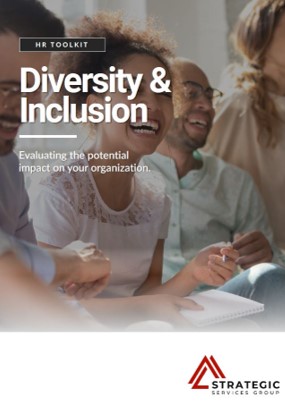Throughout 2025, there have been significant changes in employment law at the federal and state levels. A review of agency guidance, presidential executive orders, litigation and recent and proposed legislation reveals a number of emerging trends that will affect employers for the remainder of the year. Employers should ensure that they are apprised of significant legal developments and are either in compliance or prepared to comply with their requirements.
The current administration and federal agencies have signaled several shifting priorities in 2025, including a focus on combating diversity, equity and inclusion (DEI) initiatives, rescinding sexual orientation and gender identity discrimination protections, altering enforcement of the U.S. Department of Labor’s (DOL) independent contractor rule, clarifying wages for tipped workers and updating Form I-9 and E-Verify procedures. In 2025, we’ve also seen the emergence and continuation of a number of state legislation trends. In particular, states have continued to increase minimum wage rates, pass pay transparency laws, expand family and medical leave protections, broaden restrictions on employee noncompete agreements, pass earned wage access laws, restrict captive audience meetings in which employers discuss religious or political matters and expand paid family and medical leave protections.
This SSG Compliance Advisor features some of the most significant employment law trends in some key employment law trends and challenges employers will continue to face in 2025 and beyond, and includes:
- Shifting federal priorities regarding equal employment opportunity discrimination;
- Changes in the enforcement of the DOL’s independent contractor rule;
- Clarification with respect to wages for tipped workers;
- State minimum wage increases;
- More state “captive audience” bans;
- Expansion of pay transparency laws;
- More state regulation of noncompete agreements;
- Continued legislation regarding earned wage access; and
- Increased state paid family and medical leave laws.
Employer Action Steps
The mid-year point is a great time for employers to evaluate their compliance with recent and upcoming employment laws. Understanding and responding to these trends will be essential for employers’ success for the remainder of 2025 and beyond.
| Download 2025 Midyear Employment Law Compliance Trends |





